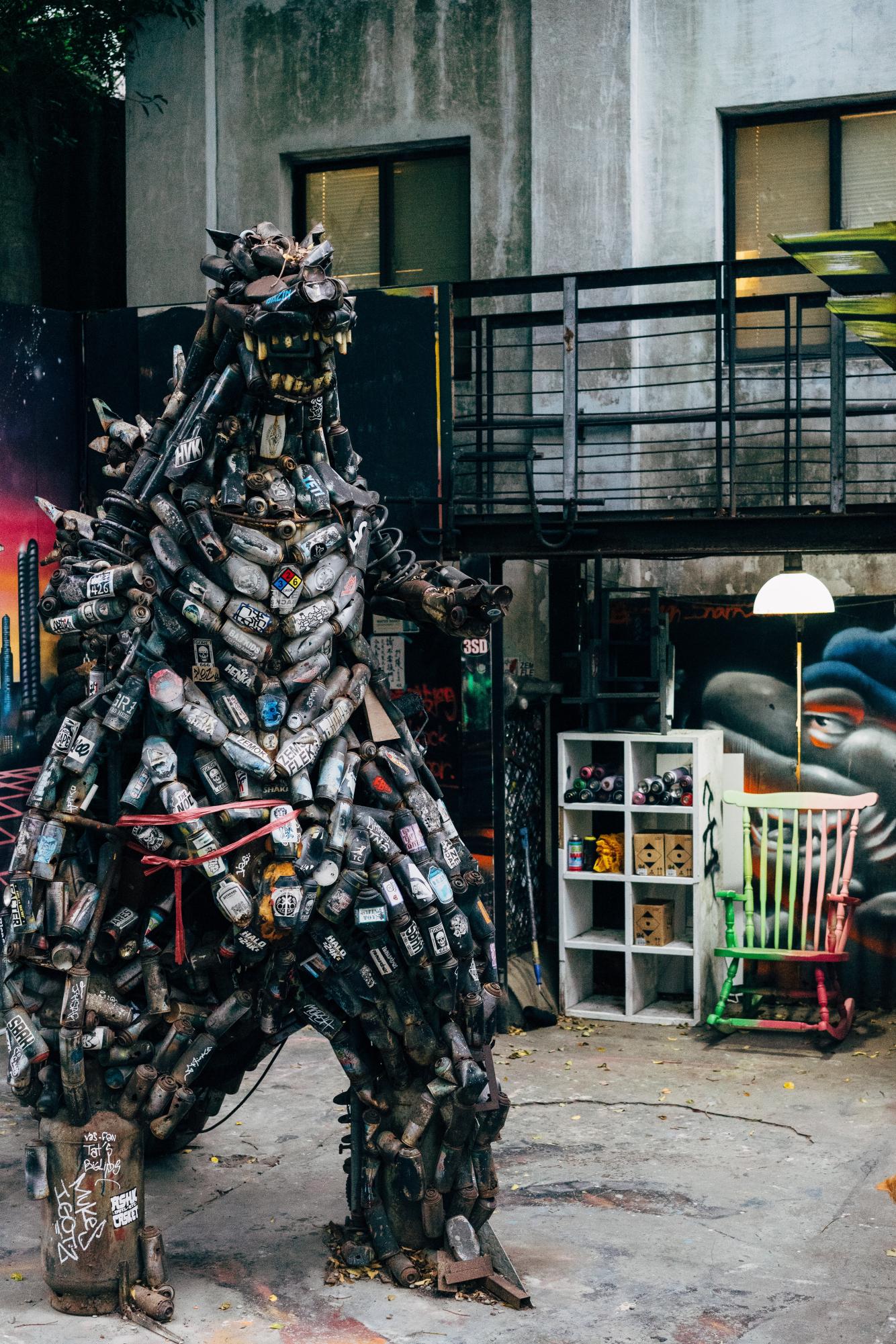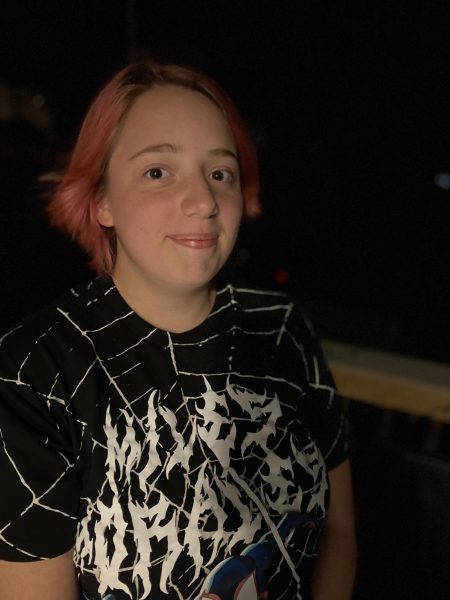Godzilla is a 1954 Japanese movie that took place in Japan as a monster terrorized the country.
This movie does not deserve the treatment it gets. It’s lumped together with the monster flicks of the 1920-era of movies. Those monster movies were adapted from old book to make sense to new modern audiences. Movies like Frankenstein or Dracula remakes.
Godzilla is not a monster movie in the ways that these monster movies were. This is new creature bred from the lingering fear of total destruction and the political climate between the Americans and the Japanese.
Post-War Japan was a crumbling country. Faced with US occupation, the country suffered the brunt of the damage made from nuclear weapons. Off the coast of Japan in the legendary Bikini Atoll, the next weapon was being tested, the H-Bomb, and that was directly influencing the lives of the Japanese people who fished for a living. The country’s problems were fresh and the wounds cut deep.
When you look at it that way, Godzilla is a horrifying movie. It would have genuinely shaken the audience when it first was shown.
Godzilla, the dinosaur itself, is a creature altered by the introduction of nuclear testing. It goes on a rampage, destroying the villages and cities of Japan until it is finally quelled by a new weapon of mass destruction, invented by a Japanese scientist.
While on the rampage, Godzilla kills a homeless mother and her children and her line has always stuck with me since the first time I watched this movie. “We’ll be where Daddy is soon!” she exclaims to her children before being brutally murdered.
While on my most recent rewatch, I noticed another heartbreaking sequence. After the attack on the Japanese city, the dead are registered and collected and when one mother is taken from her children, her youngest screams for her. Even in Japanese, the begging for a mother to come back is jarring and it drove me to tears.
Both of the above scenes really solidify the wound of World War II. Innocent civilians are stripped from their life by an unbeatable monster. Children are killed and left orphans. It’s a horrifying realization.
This movie is incredibly important. It was part of a sweeping film movement in 1950s Japan, which yielded some of the greatest movies to this date. It is a movie made in the 1950s, so the effects are not up to par with what we expect now, but if you can put that aide it’s a wonderful movie.
I feel like what ruined this movie were the sequels that came afterwards. it made it into a joke, just a Kaiju movie that doesn’t have to be good it just has to be. The more recent movies have been strengthening the image of Godzilla, but they’re falling into the same pattern and they don ‘t have the context of Post-World War II.
The movie is available on Max as of right now.


